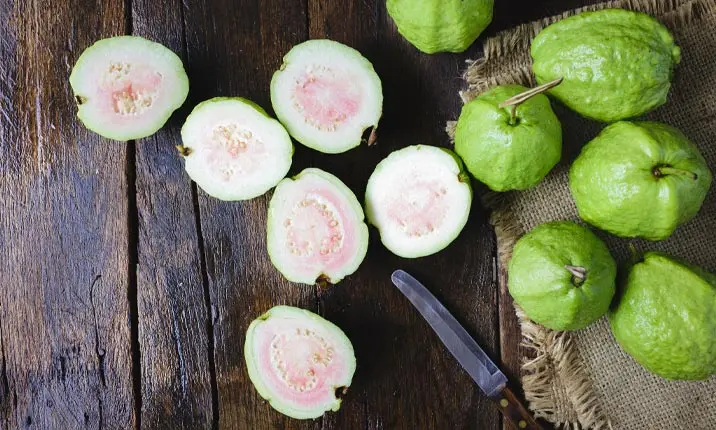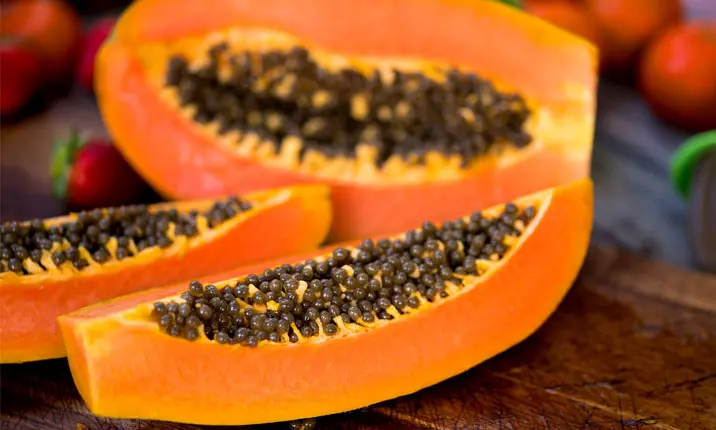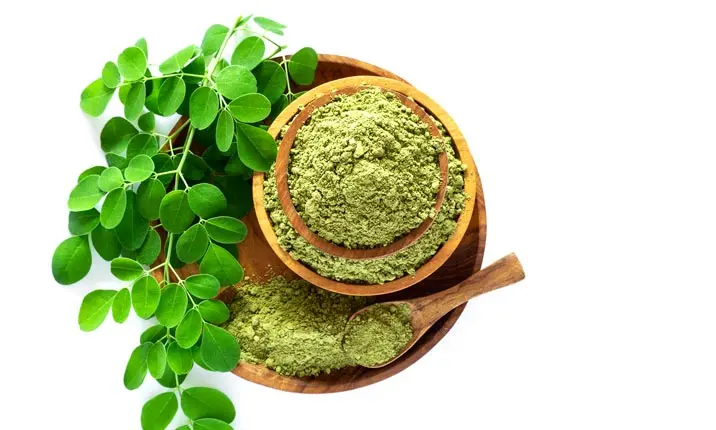In Singapore, the flu season occurs all year round but there are typically 2 peak seasons, from May to July, and November to February.
One of the best ways to protect yourself against the flu is to ensure you have a healthy immune system.
Vitamin C is an antioxidant that helps to boost your immune system and prevent you from developing conditions such as heart and eye diseases. Unlike vitamins D and K, your body does not produce vitamin C, which is why it is important you consume foods that are naturally rich in vitamin C to help you meet your daily needs.
You may know that oranges are a great source of vitamin C, but did you know there are many other fruits and vegetables that have comparable or even higher levels of vitamin C? Read on to discover what these are.
Red capsicum
A red capsicum has almost three times more vitamin C than an orange. Compared to its yellow and green counterparts, red capsicum tops the list as the highest source of vitamin C.
Biting into a red capsicum gives you more than a good dose of vitamin C. This fruit is also rich in antioxidants and vitamin A, which is great for your eye health. Whether raw or cooked, red capsicum is delicious, nutritious and confers a wealth of health benefits.
Guava
This crunchy and mildly sweet fruit is not only rich in fibre, vitamins, and minerals, it has 4.3 times more vitamin C than an orange.
The guava also has a low glycemic index (GI) score, making it a great snack in controlled portion for individuals with diabetes or those who are watching their sugar levels.
Mango
A tropical fruit that's widely available in this part of the world, mangoes are another great source of vitamin C. The best part about mangoes is their versatility – go for a young mango if you want something sour to cleanse the palate, or if you're craving for something sweet, a ripe mango will do the trick.
Besides enjoying the mango on its own, you can also have it as part of your smoothie or as a sweet treat in your overnight oats. As the texture of a mango softens as it ripens, it can be easily enjoyed by young children too.
Chilli
This might surprise you, but chillies are another good source of vitamin C. 100 grams of chillies give you about 150mg of vitamin C, almost 3 times more than oranges!
While spice lovers may rejoice at the news, keep in mind that you should always consume chillies in moderation, as too much spice can cause stomach discomfort and diarrhoea.
Melon
Melons are sweet, high in fibre and packed with nutrients, including vitamin C. They make a healthy dessert option especially if you like ending your meals on a sweet note. One cup of melon is sufficient to meet your daily needs of vitamin C.
Papaya
A cup of papaya gives you about 88.3mg of vitamin C, more than twice your recommended daily intake. Papayas are widely available in markets and supermarkets around Singapore and can be found all year round.
Similar to mangoes, the soft texture of the papaya flesh makes it a good option for both young and old to enjoy.
Strawberries
The strawberry is a highly nutritious fruit loaded with vitamins, minerals and powerful antioxidants. One cup of strawberry yields almost 85mg of vitamin C. As part of a nutritious diet, it can help prevent various conditions such as diabetes, high blood pressure and constipation.
There are many ways for you to enjoy strawberries. Besides eating them whole, you can also make strawberry sorbet, jam, or include a handful when you're whipping up a dessert at home.
Kale
This superfood is a great source of vitamins and minerals, including vitamin C, calcium and vitamin K. If you enjoy salads, kale is perfect as a fibre-rich salad base. It's best to consume kale raw instead of cooked, to make the most of its anti-inflammatory properties and nutritional benefits.
Kiwis
Did you know? Helping yourself to just one medium-sized kiwi fruit fulfills your daily requirement of vitamin C.
Kiwi fruits also stimulate digestion, promote healthy skin and hair, and reduce your overall risk of stroke and cardiovascular disease.
Moringa leaves
Widely used in Indian cuisine, moringa leaves are packed with many important vitamins and minerals such as vitamin A, vitamin B2 (riboflavin), vitamin B6, calcium, iron and zinc. It is also a rich source of vitamin C, with 7 times more vitamin C than oranges.
Moringa leaves can be stewed or stir-fried, much like spinach. Moringa extract is also available in pill or powder form, though these are not regulated medicines and may not be advised for women who are pregnant or breastfeeding. Consult your doctor before you take such herbal supplements.
Now that you've discovered 10 rich sources of vitamin C, you can incorporate them into your diet to help boost you and your family's immunity against flu and other diseases. Speak to a dietitian if you need more dietary advice, or head down to our 24-hour Accident and Emergency department anytime you feel unwell and need urgent medical assistance.















